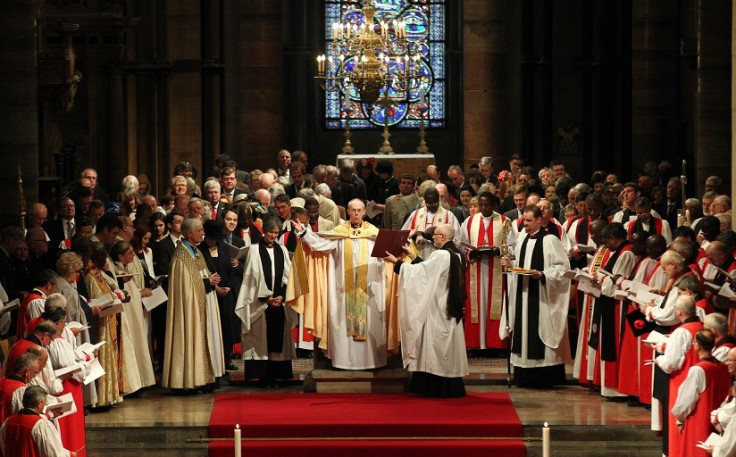Williams & Glyn's Returns as High Street Bank with Purchase of 314 RBS Branches

Church of England-supported Williams & Glyn's will return as a high street presence after it agreed to purchase 314 Royal Bank of Scotland branches.
The Williams & Glyn's brand, which has been dormant for nearly 30 years, will soon return to the high street following a planned £600m ($966m, €713m) initial price offering, according to RBSG.
The bank has been backed by a consortium of investors, including the Church Commissioners for England and RIT Capital Partners, and led by global financial services specialists Corsair Capital and Centerbridge Partners.
"Williams & Glyn's will play an important role in the UK banking landscape and will be an excellent new addition to the market, with a particular strength in small business banking - a sector that is so crucial to the UK's economic recovery," said Sir Philip Hampton, RBSG chairman.
"Much has been done already in building the standalone business and today's announcement provides more certainty for our customers and employees ahead of a flotation."
Santander was in line to buy the RBS branches but the £1.7bn deal dissolved in 2012 on RBS' spate of IT-related problems and scandals.
RBSG was required by European competition authorities in 2009 to divest 308 RBS branches in England and Wales and six NatWest branches in Scotland as a condition of the £45.5bn state aid it received.
The Church has investments in a wide range of equities, property and other assets but draws the line at investing in the tobacco industry or payday loan companies.
In 2012, for instance, the church sold its shares in Rupert Murdoch's News Corporation for ethical reasons following the phone hacking scandal.
The total shareholding of the church in the media company was worth around £1.9m, all of which was disinvested under the advice of the Church's Ethical Investment Advisory Group.
© Copyright IBTimes 2024. All rights reserved.







